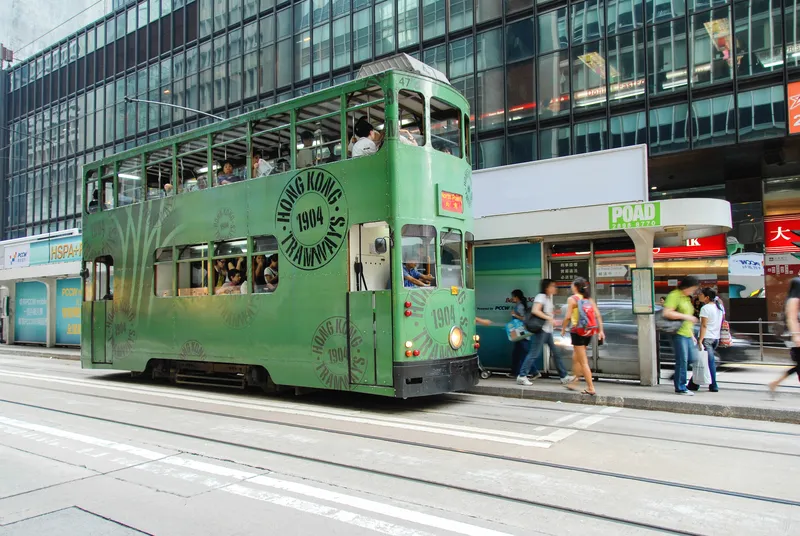
The 150,000 passengers who use Hong Kong's iconic double-decker trams each day are now able to pay electronically for their rides - rather than just with cash or Octopus cards.
Thales, in partnership with Golong International Technology Company, has provided an integrated electronic payment system for Hong Kong Tramways' (HKT) 165 tramcars, which means 12 electronic payment means - including contactless, Apple Pay, Google Pay and QR codes - are now available.
Thales’ new integrated solution includes software development, provision of Octopus and EMV QR back-office and hardware design to replace the existing payment system. The new all-in-one validators support EMV payment, QR payment and Octopus. Thales will also provide three years' maintenance service to HKT.
“Thales is delighted to develop this user-friendly and flexible payment system of the world's largest double-deck tram fleet in operation and, among others, the most environmentally friendly public transport in Hong Kong," says Jean-Marc Reynaud, VP, revenue collection systems, Thales.
HKT is wholly-owned by RATP Dev.









